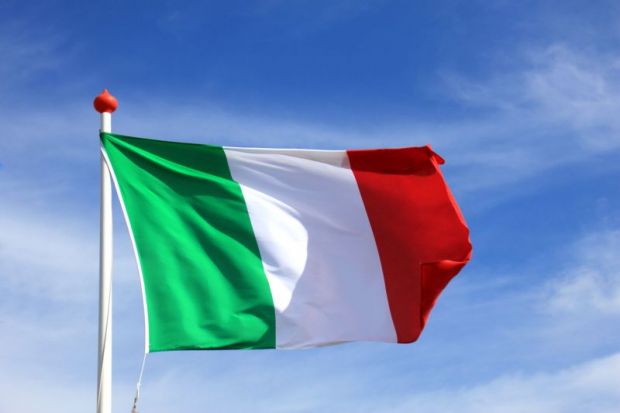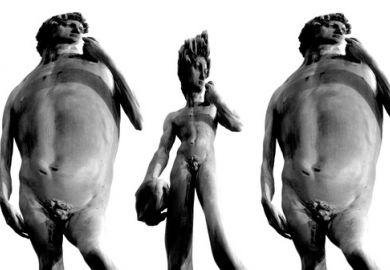Italy’s new government is to set up a National Agency for Research, following years of campaigning by Italian academics concerned that the country lacks an independent body to distribute funds.
The hope is that it will mean quicker evaluation of projects, speedier distribution of funds and more coordination of research topics than the current system, in which individual ministries have their own budgets.
“Almost every country has at least one agency of this kind. Except for Italy, which has now decided to set it up,” said Nicola Bellomo, president of Gruppo 2003, a organisation of Italian scientists campaigning for change in the country’s academic system, which has long called for an independent agency. “This is undoubtedly good news.”
The move to establish the agency, set to have an annual budget of €300 million (£258 million) when fully up and running, is one of the policies announced by Italy’s new government, a coalition between the centre-left Democratic Party and the anti-establishment Five Star Movement.
The alliance was struck in September after Matteo Salvini, leader of the far-right League, withdrew from government in a botched attempt to trigger an election.
At the moment, a significant proportion of research funding in Italy is distributed by various ministries – health, defence, environment, plus the ministry of education, university and research itself.
But this meant poor coordination of the country’s efforts, explained Luigi Nicolais, former president of Italy’s National Research Council, a network of research institutes.
This ministerial funding is “spread in small amounts that would be much better if it was concentrated”, he said. Researchers also faced waits of up to two years for project money, he added – a dedicated agency should deliver “better and faster evaluations” of grants.
But the proposal has already drawn fire for having too small a budget. With Italy lagging behind other developed countries on research spending, €300 million “is nothing for researchers,” said Professor Nicolais.
This €300 million will be a mixture of new money and funding diverted from ministries, explained Vincenzo Cramarossa, spokesman for Italy’s new research minister, Lorenzo Fioramonti. However, the proportion coming from each source is so far unclear, and ministries will still retain some of their own research budget, he said.
This is a far cry from the hopes of some researchers; Professor Bellomo wants “almost all” research money put under the control of the new agency.
Some researchers also fear that politicians will wield too much power over the new agency, and also want foreign academics to play a key oversight role. Under current proposals, most appointments to the agency will be political, Professor Bellomo said, with the director being appointed by the prime minister, and several ministers having the power to choose members of the board of directors. This is “far from the idea of an independent agency, a technical body managed by experts chosen in a transparent way,” he said.
“It is important to recruit the top management of the agency not via ministerial appointment but via a search committee,” said Luca Carra, secretary of Gruppo 2003. “But ministers don’t want to lose this power and this budget.”
In response, Mr Cramarossa stressed that the governance of the agency was still under discussion. “There must be a strong role for the scientific community,” he said. “There will be a political part, but the community should be addressed.”
Register to continue
Why register?
- Registration is free and only takes a moment
- Once registered, you can read 3 articles a month
- Sign up for our newsletter
Subscribe
Or subscribe for unlimited access to:
- Unlimited access to news, views, insights & reviews
- Digital editions
- Digital access to THE’s university and college rankings analysis
Already registered or a current subscriber? Login







